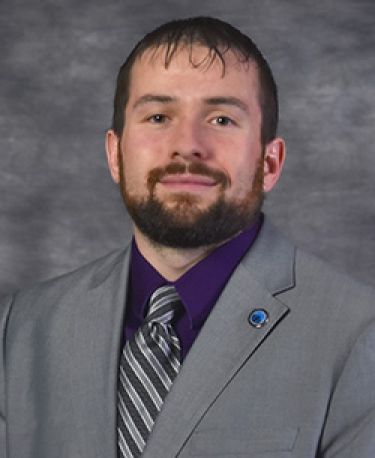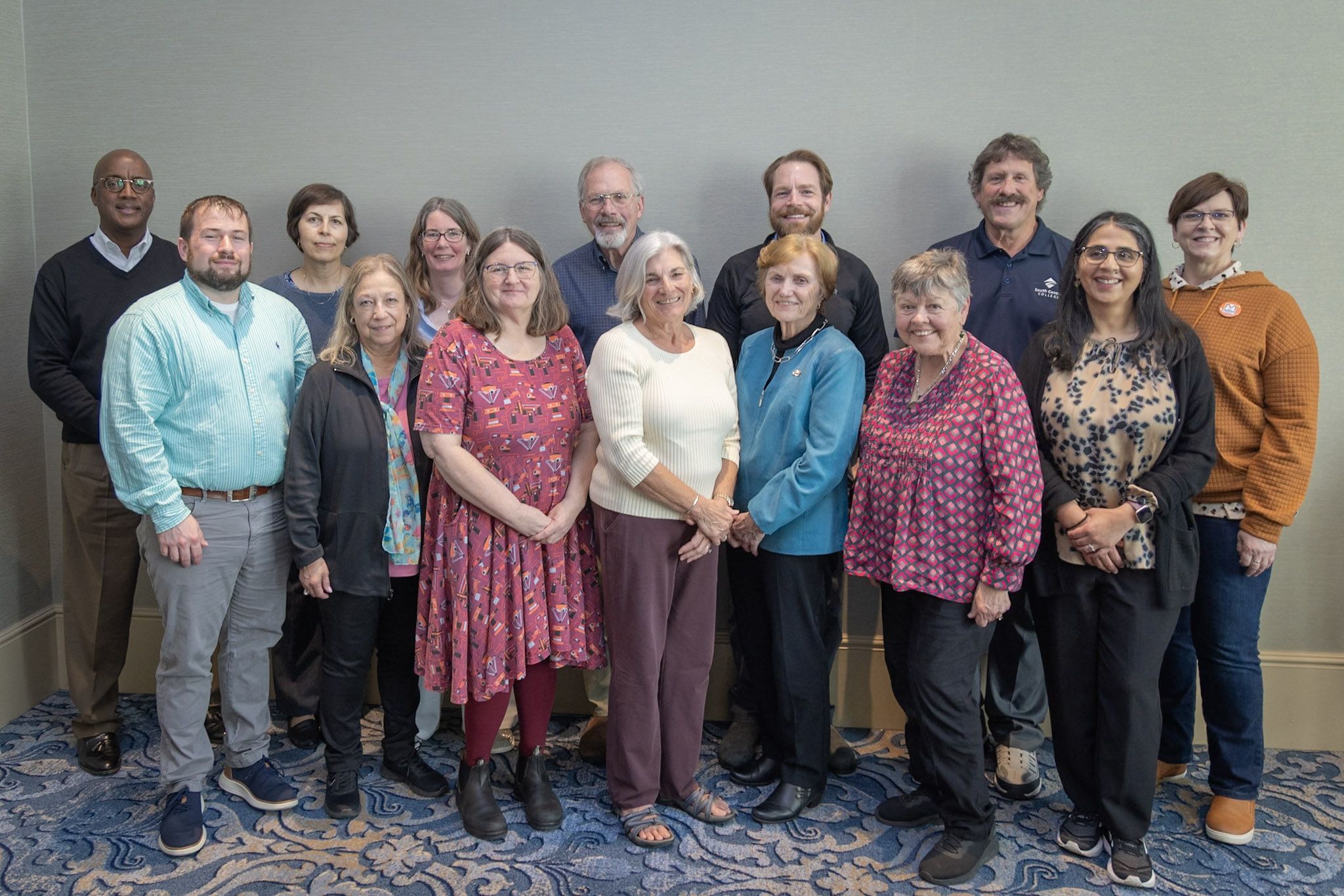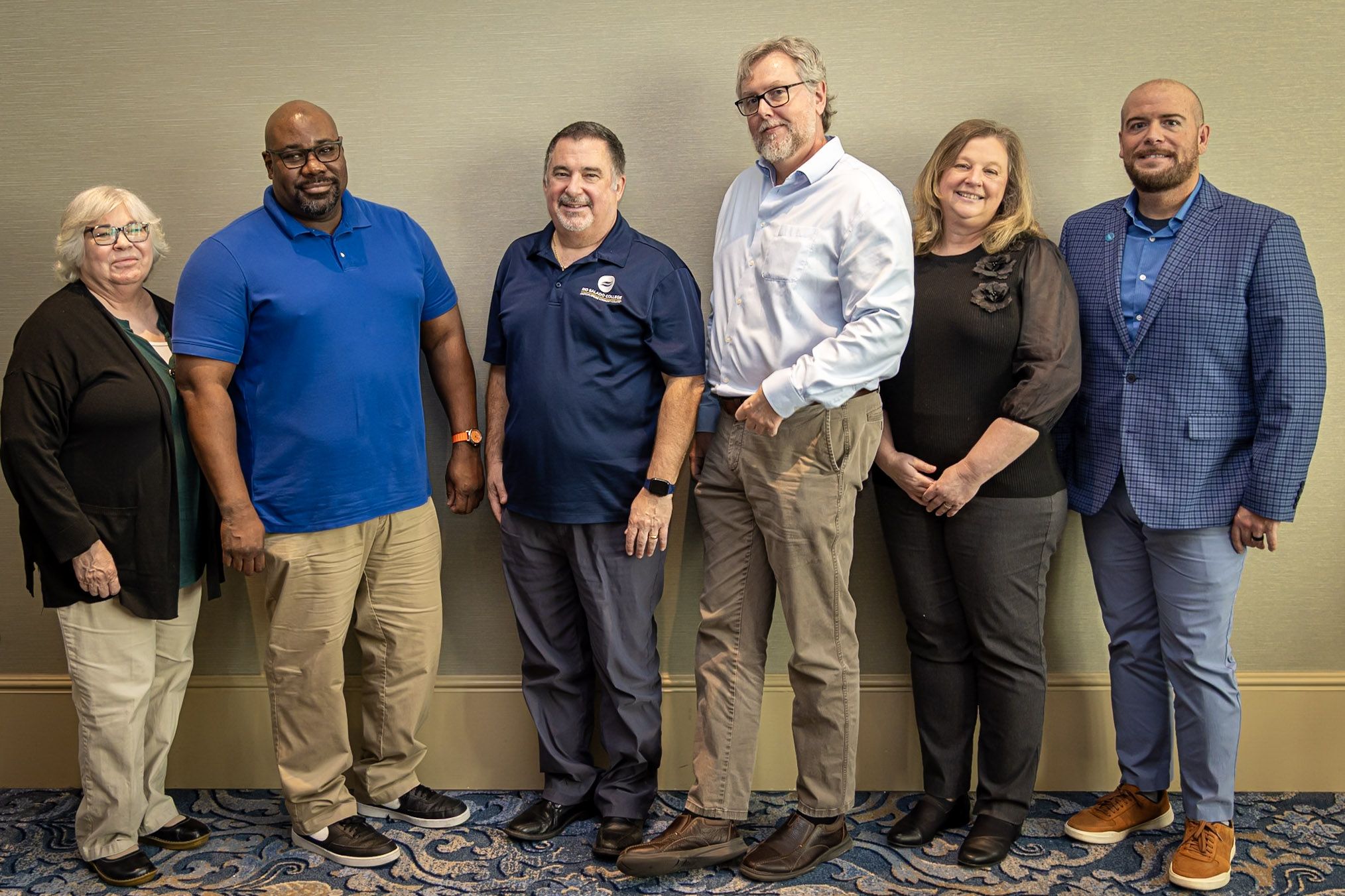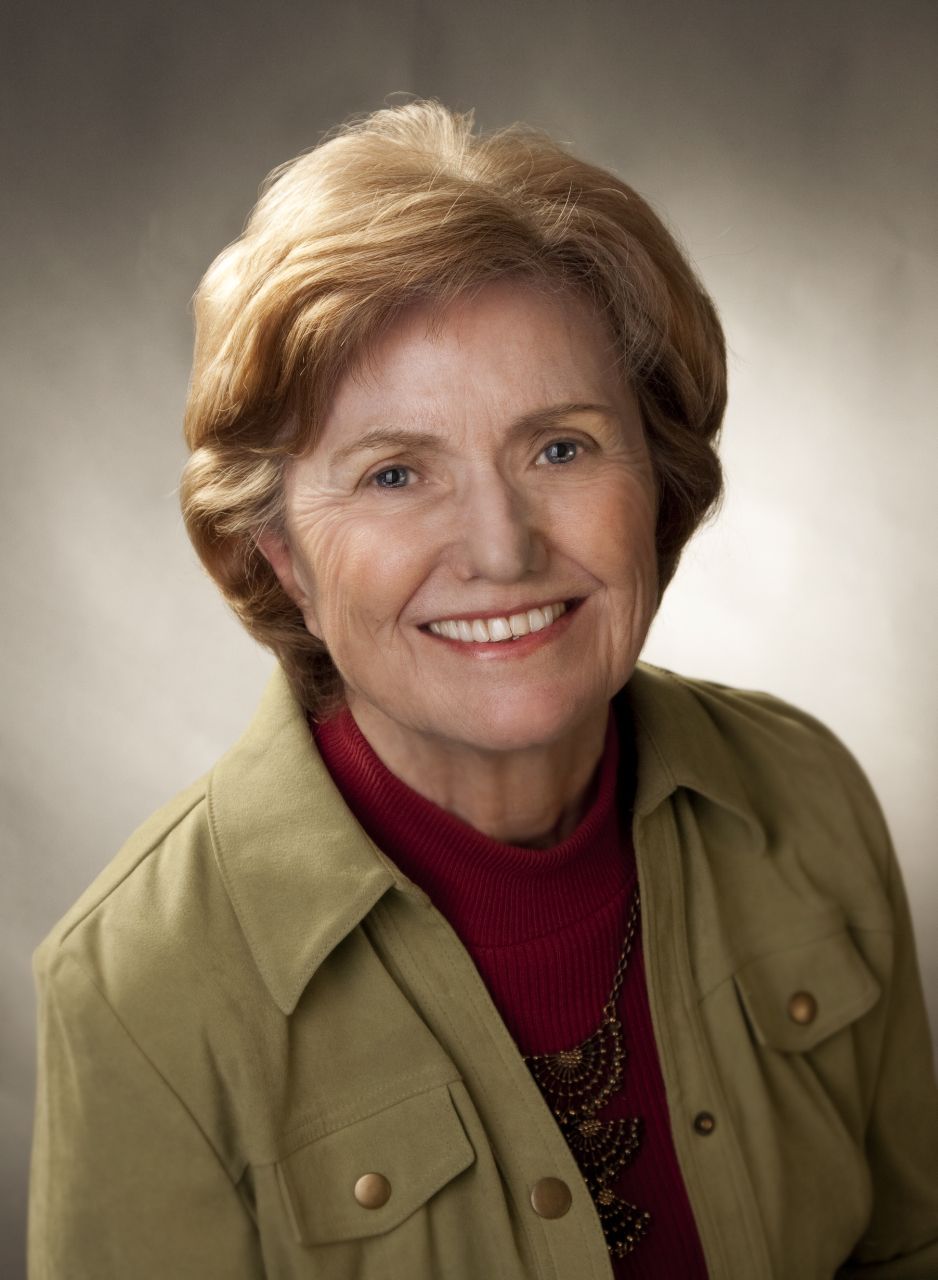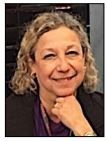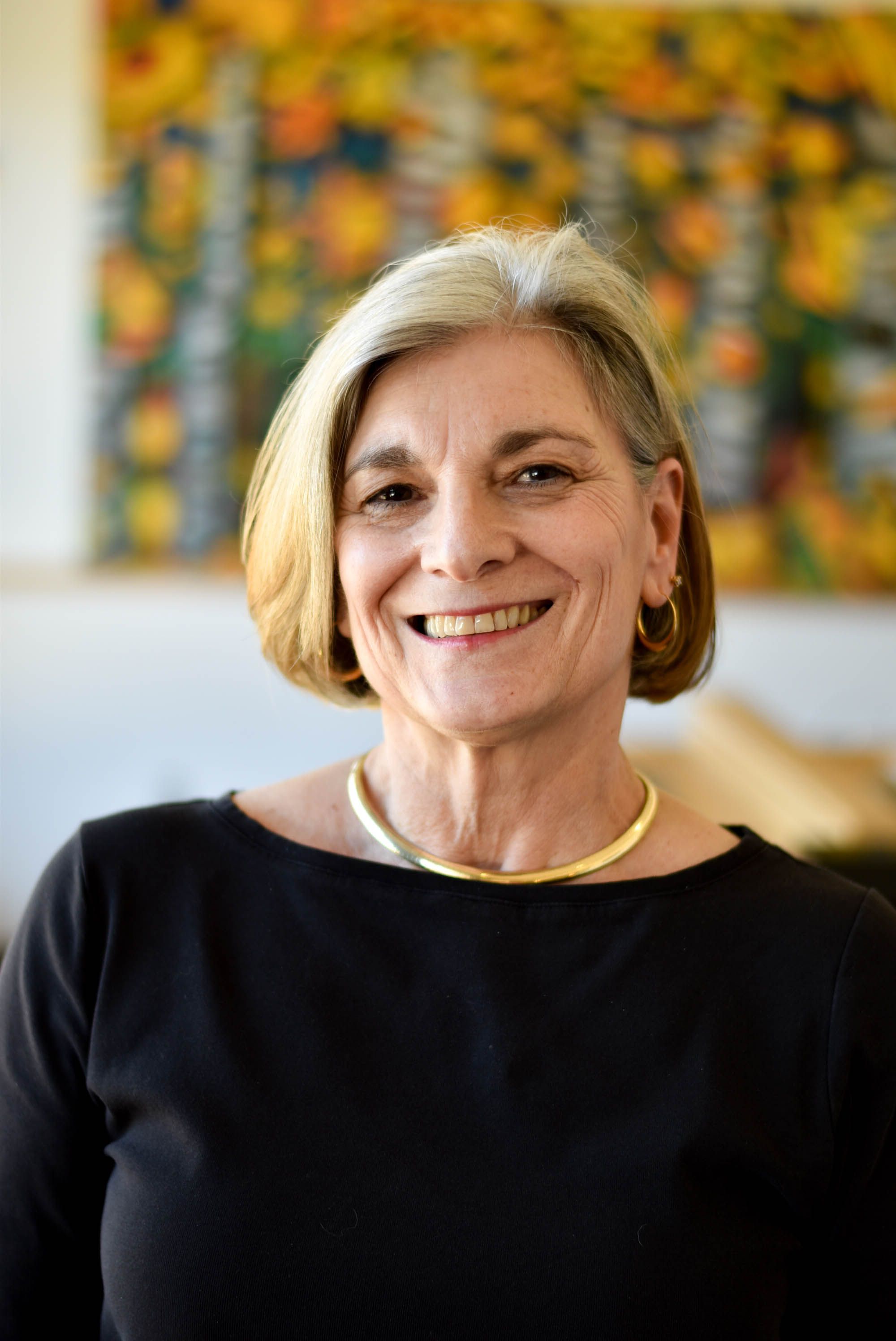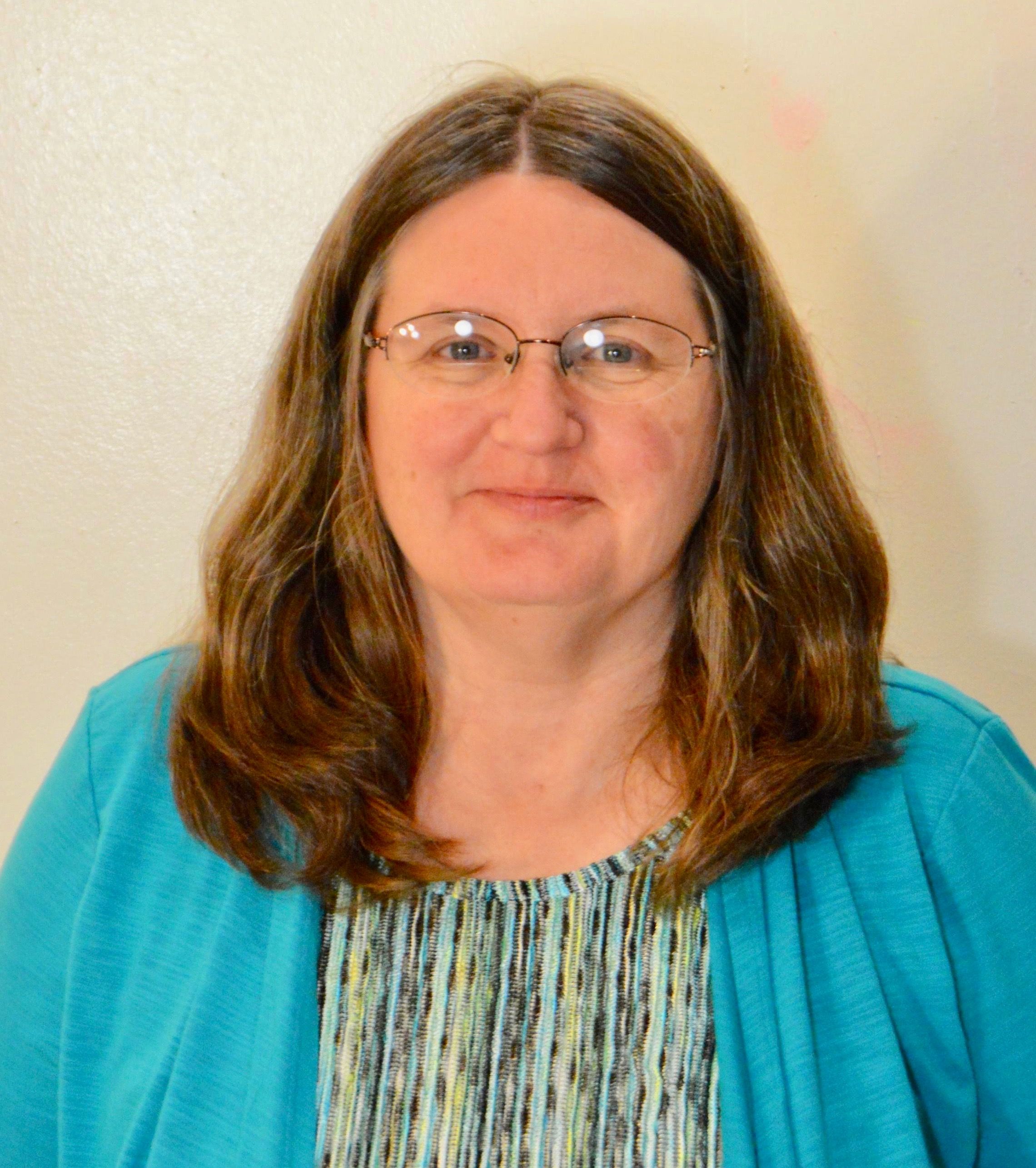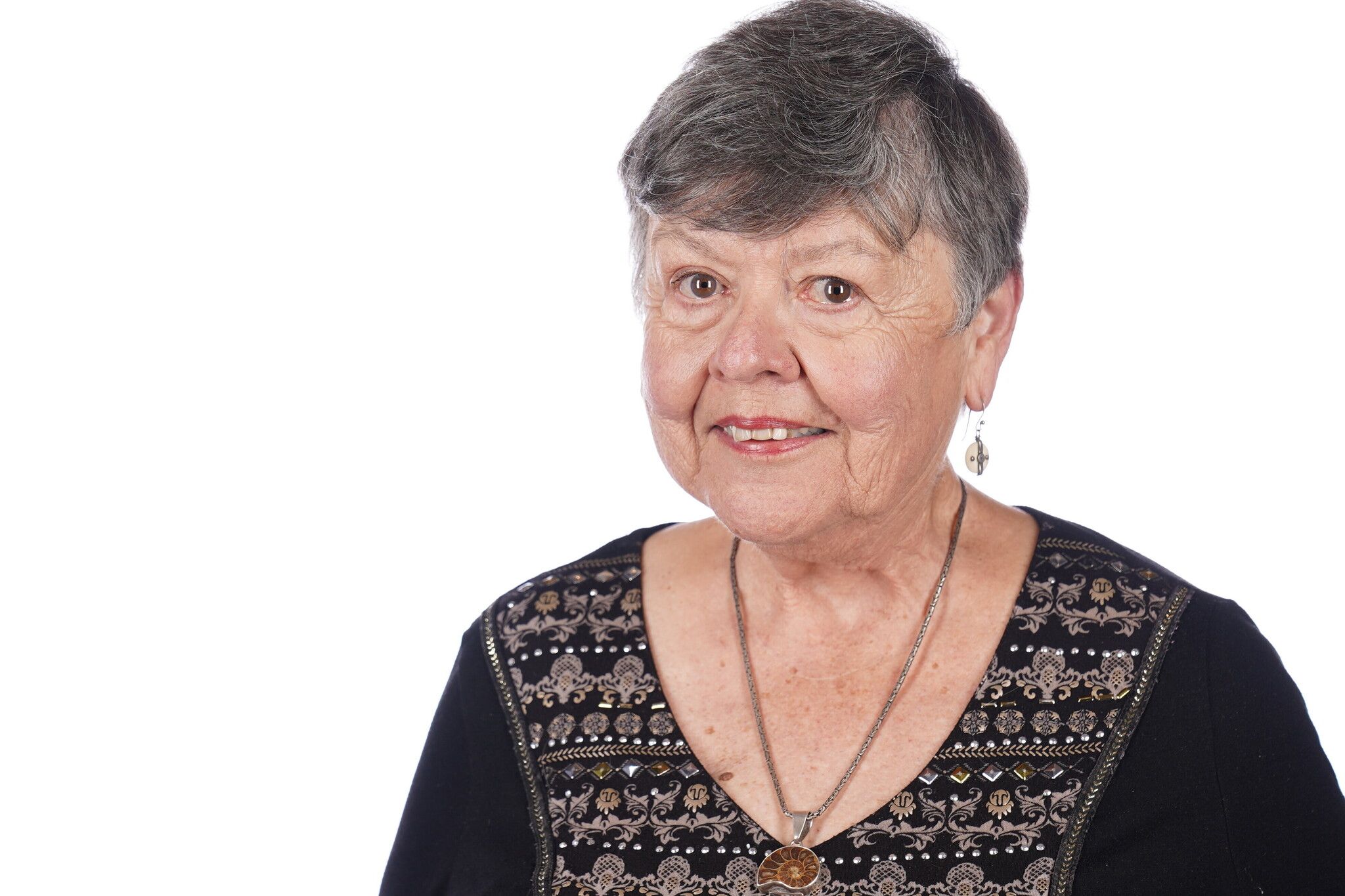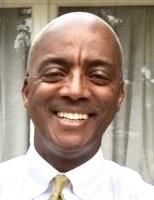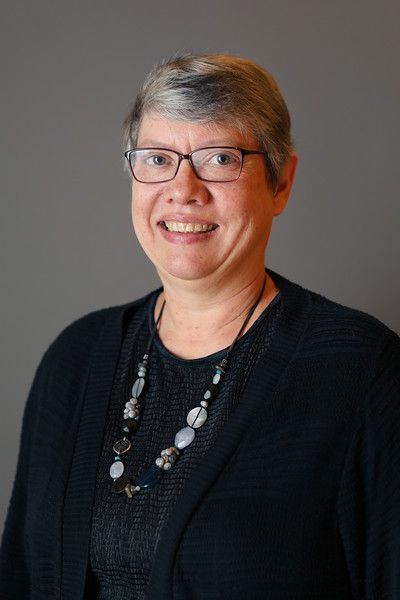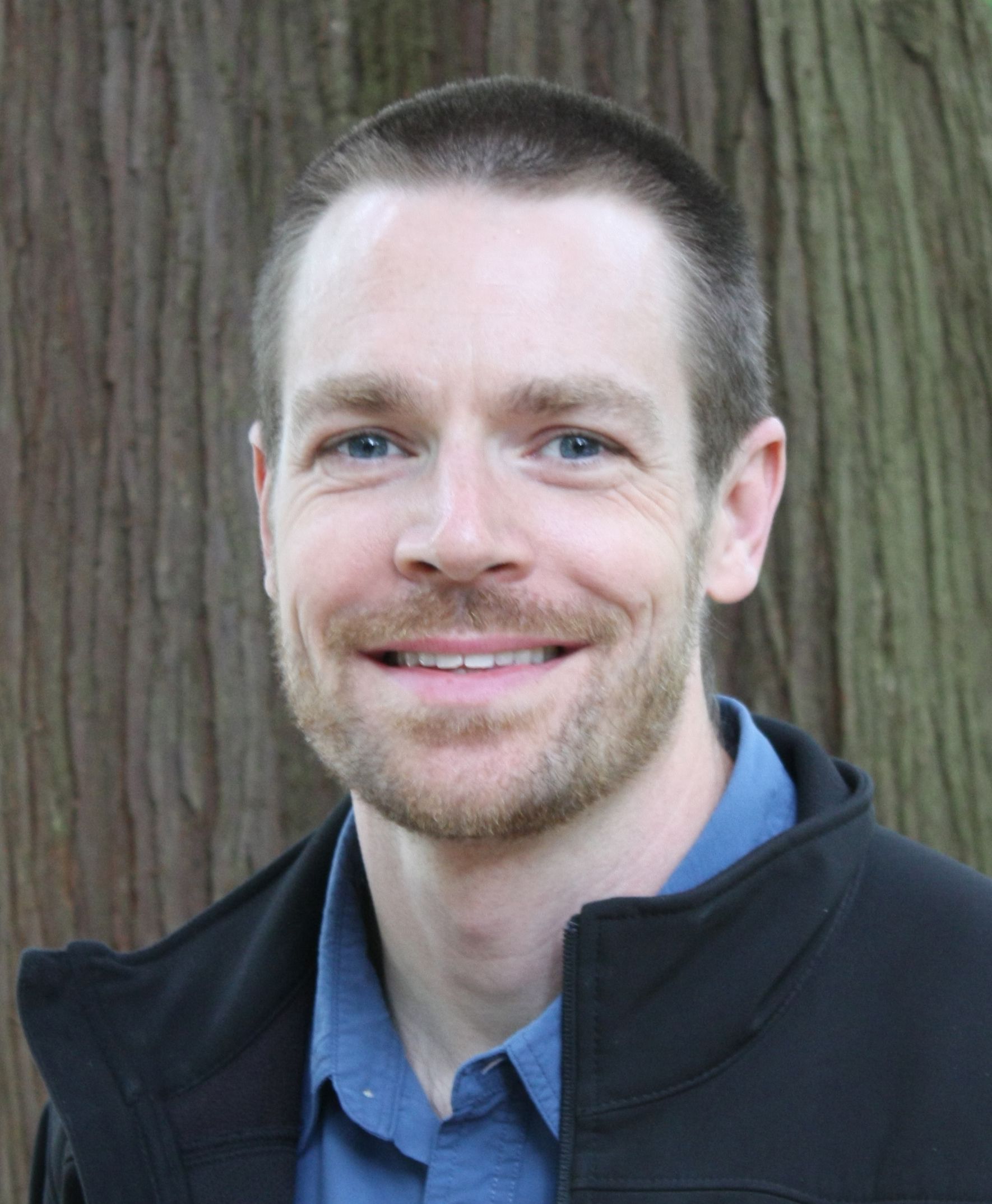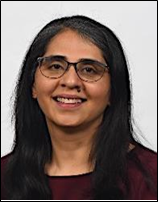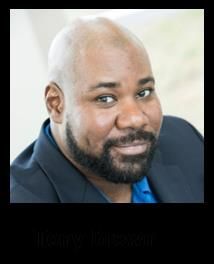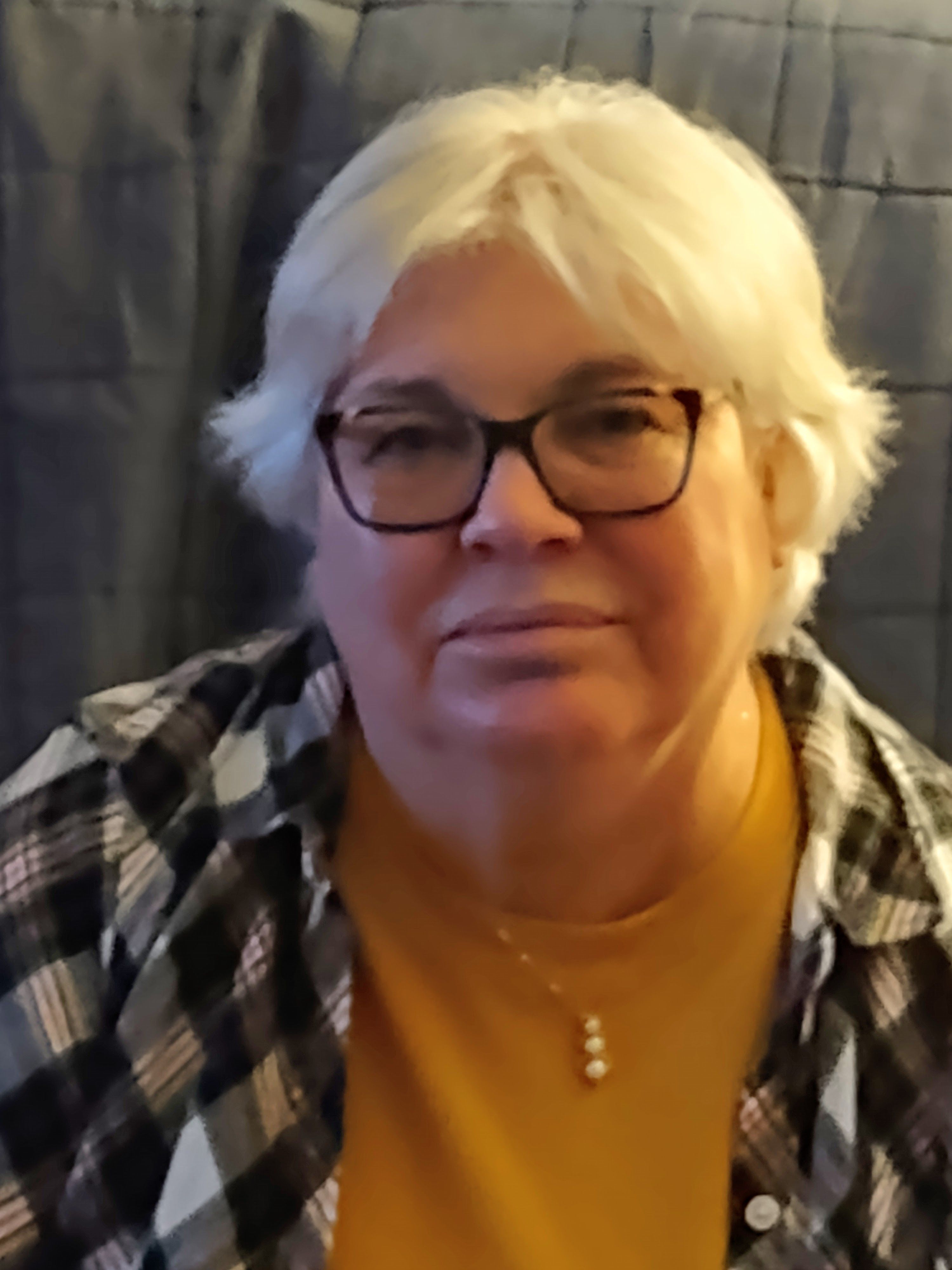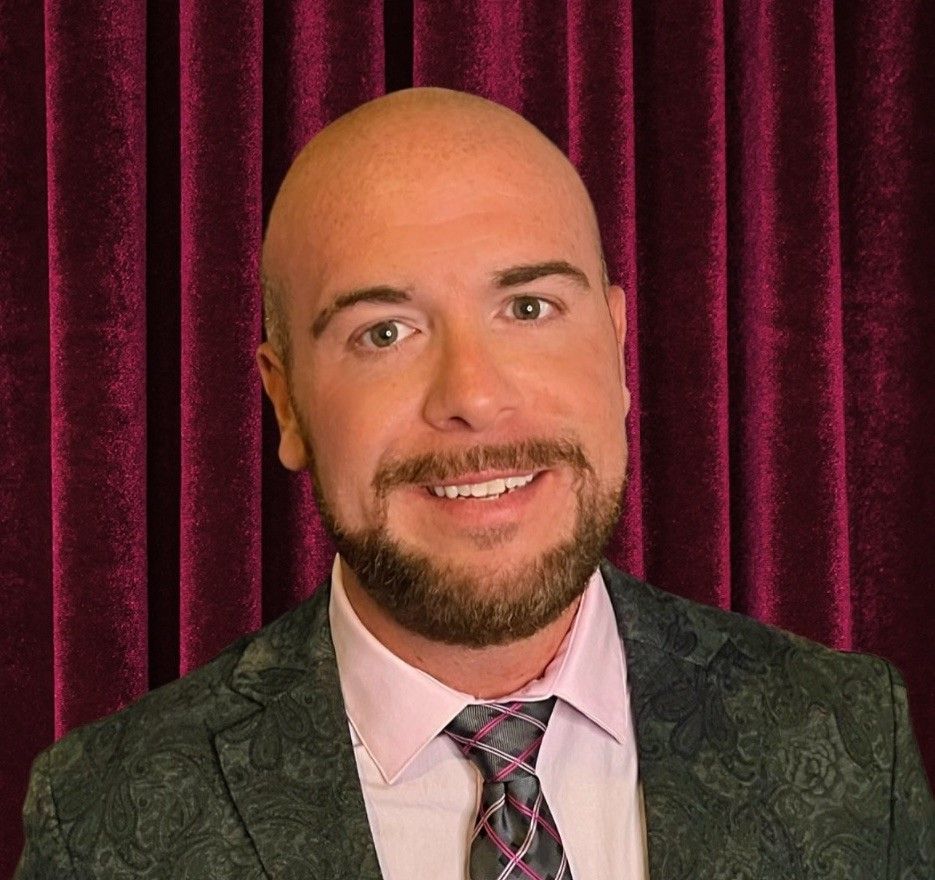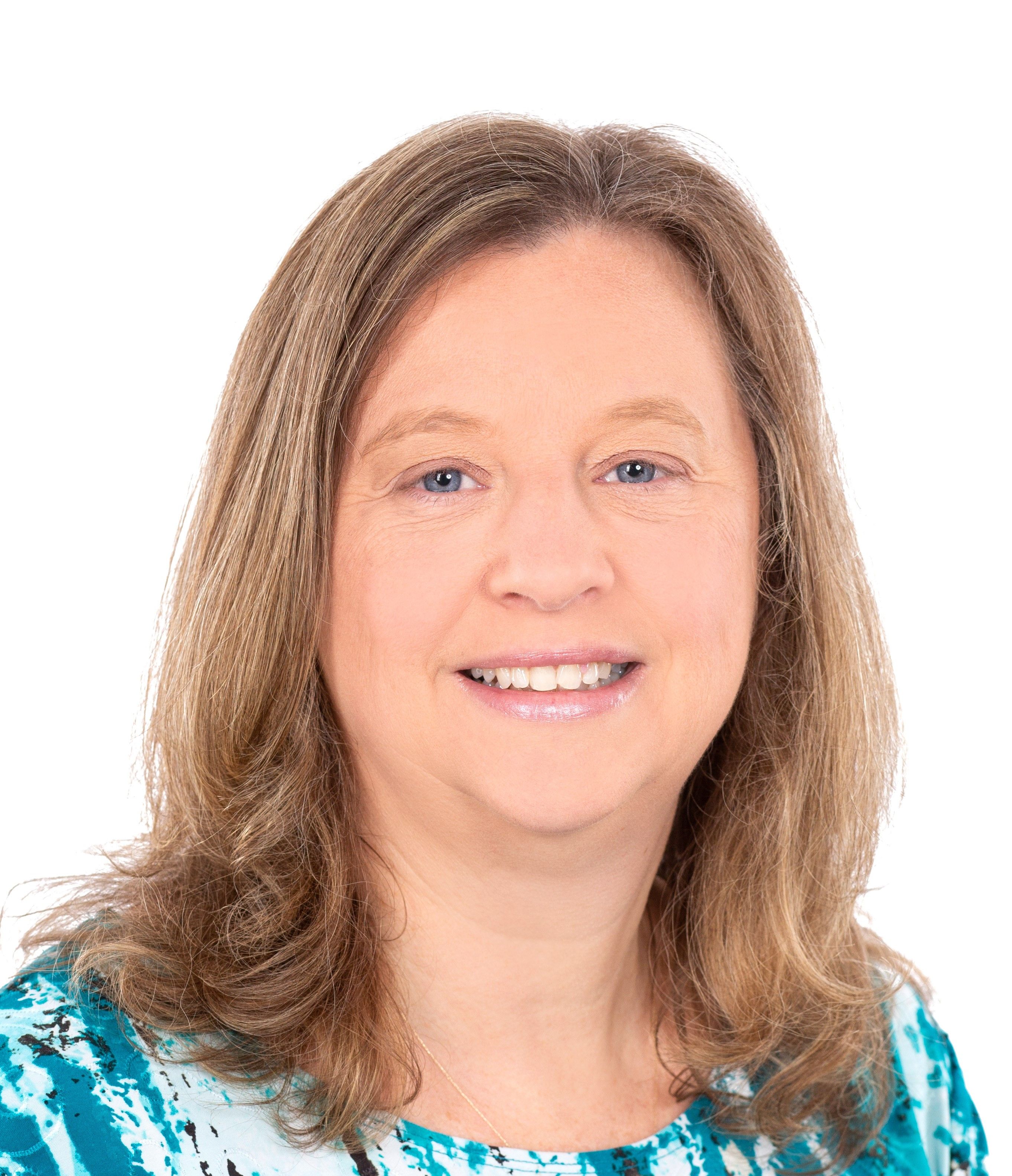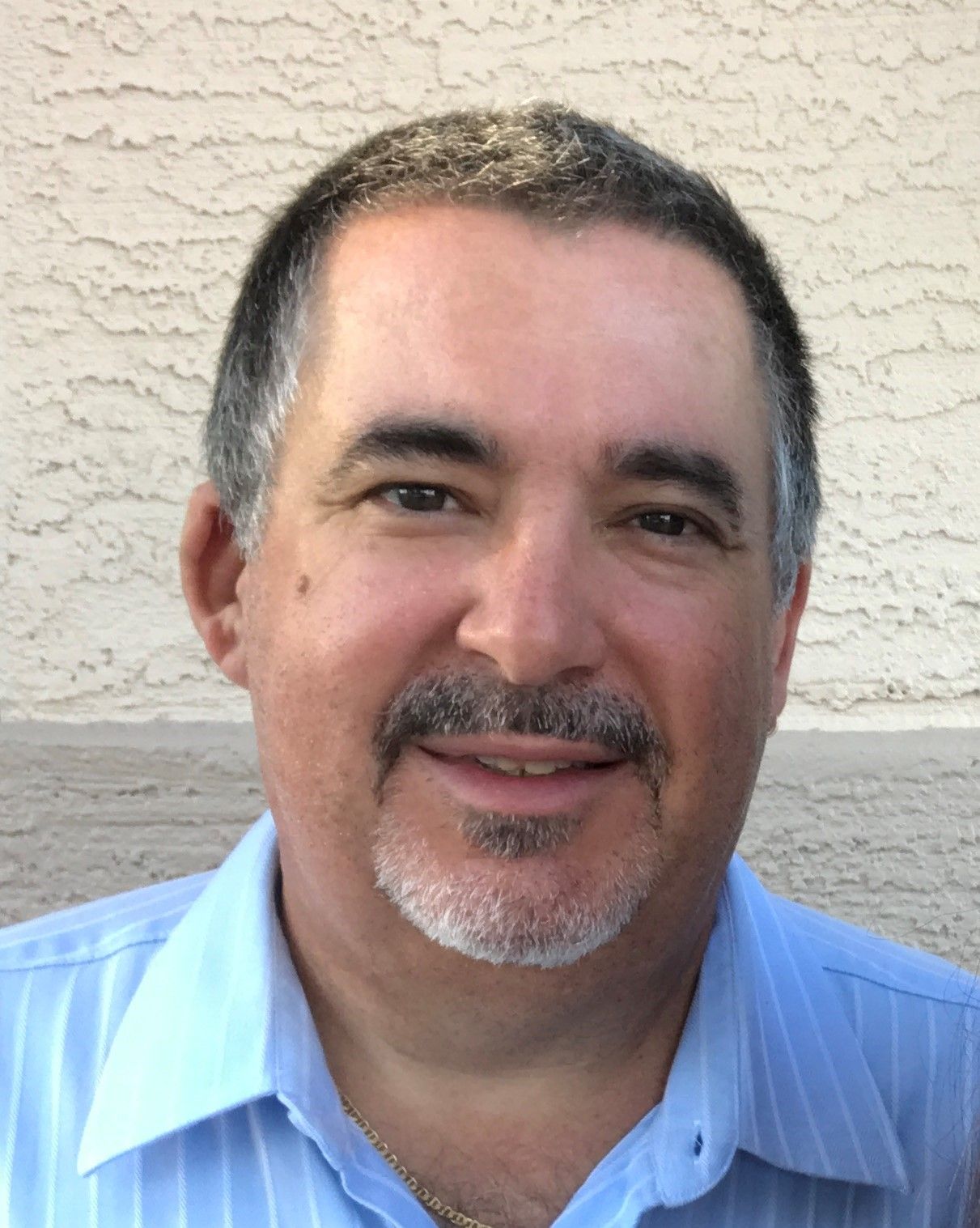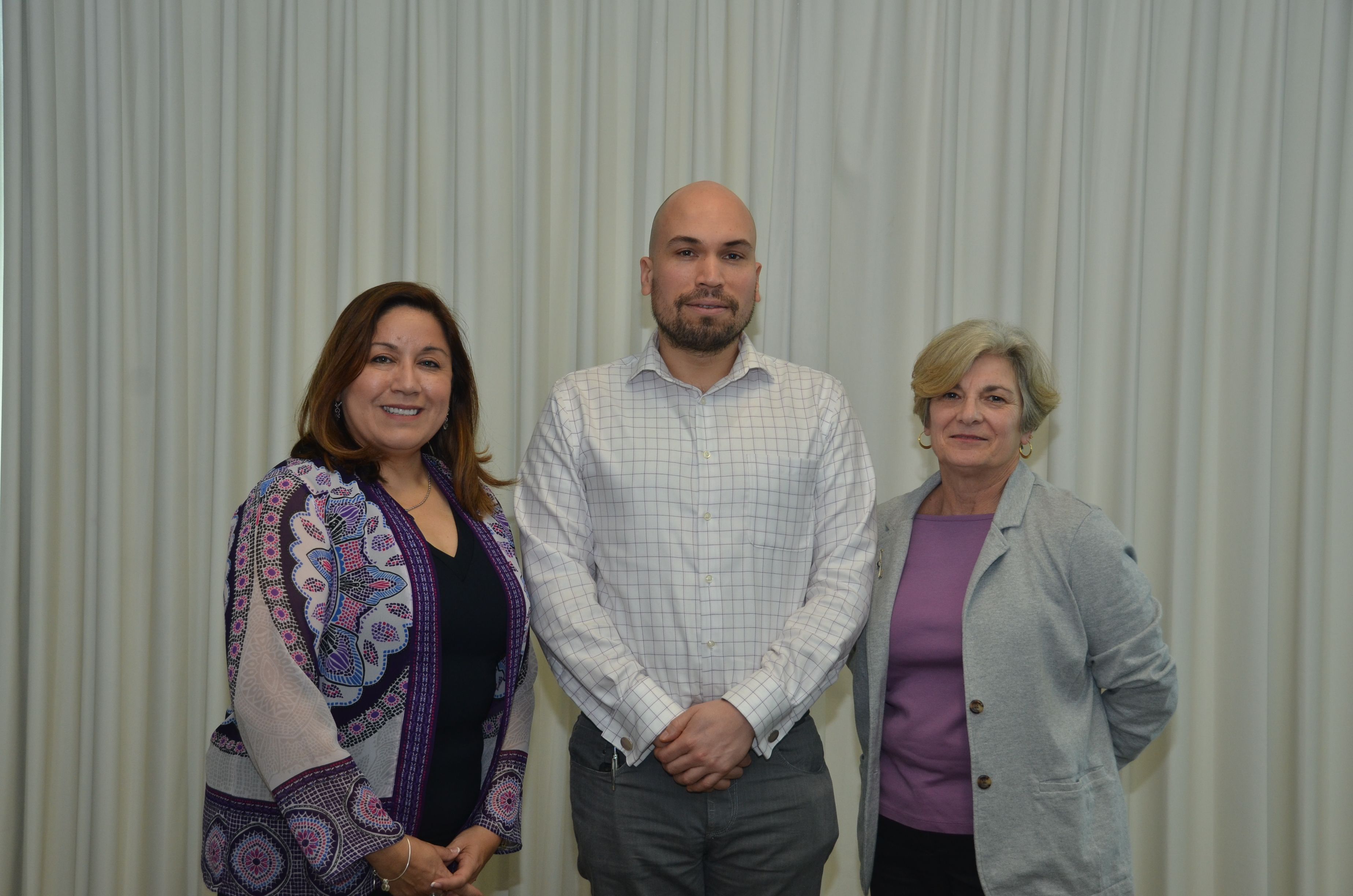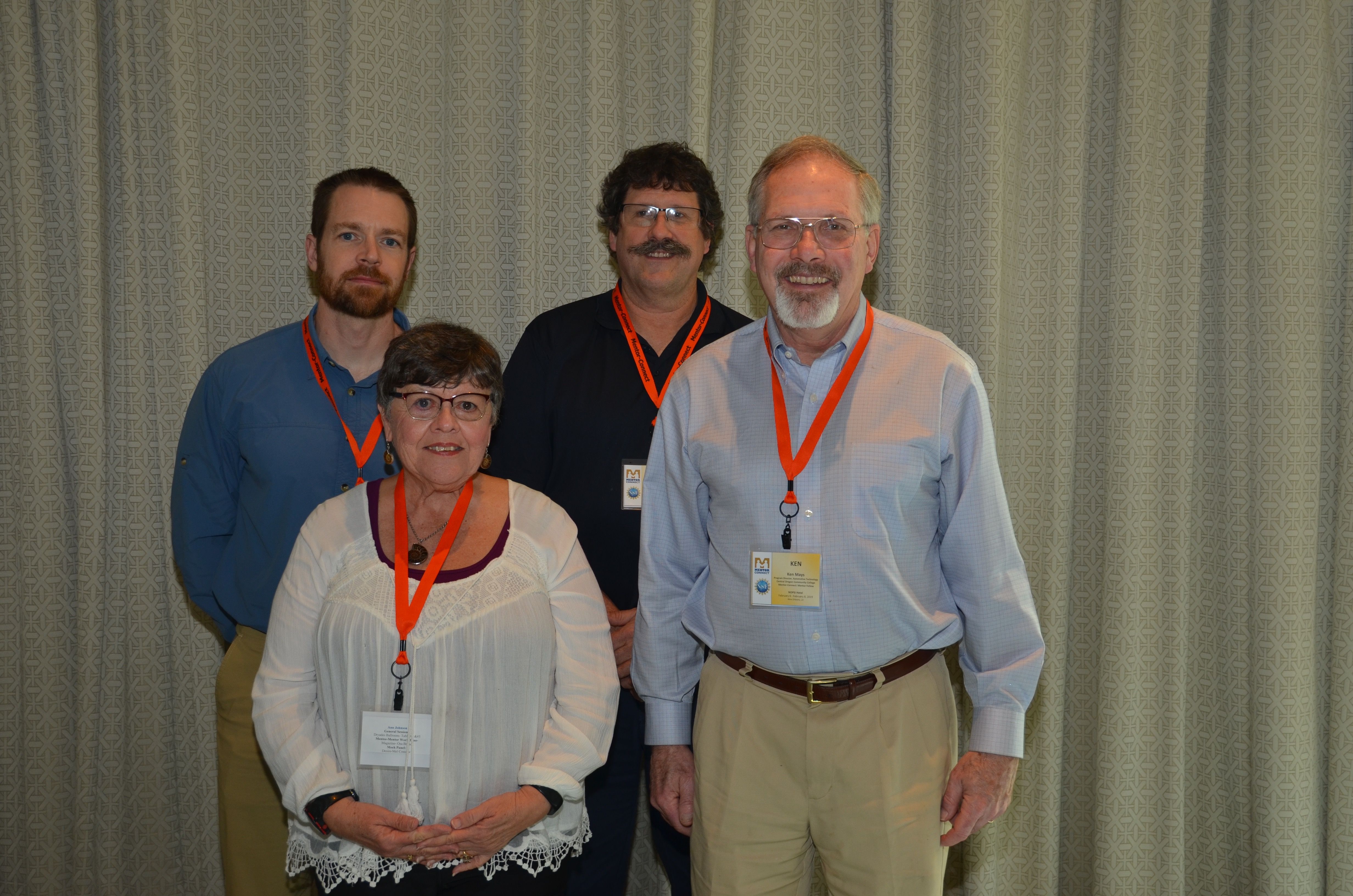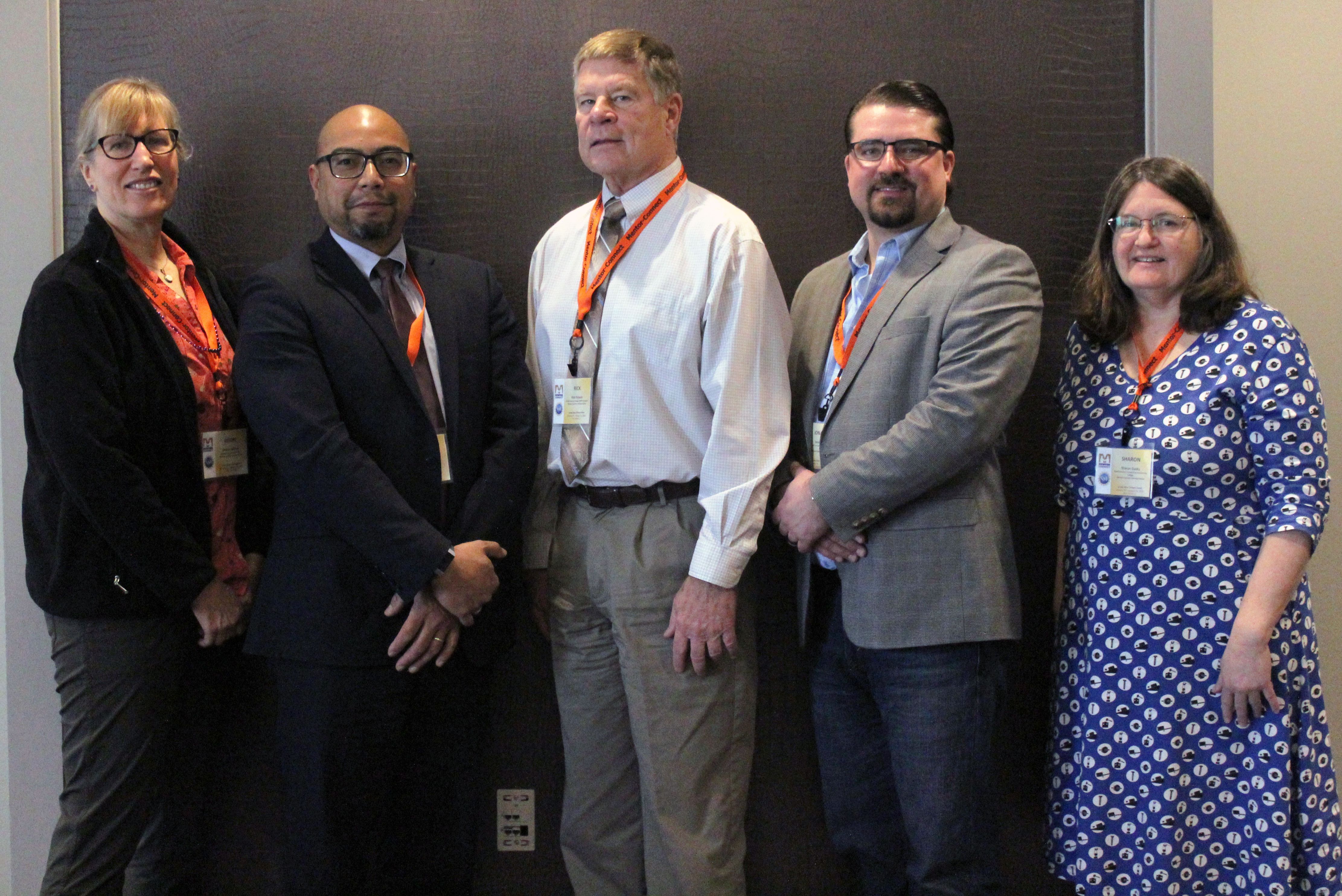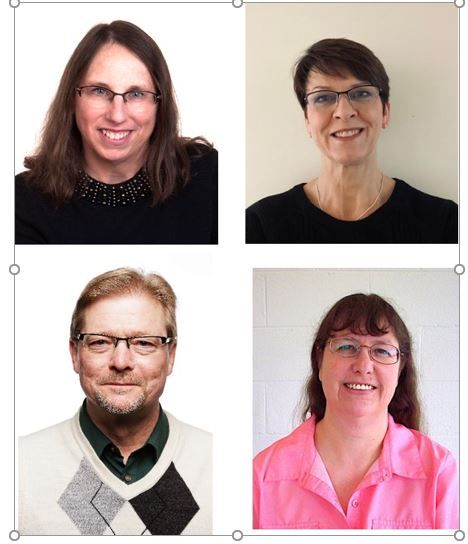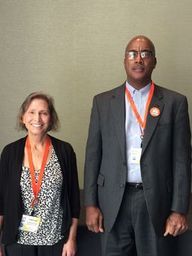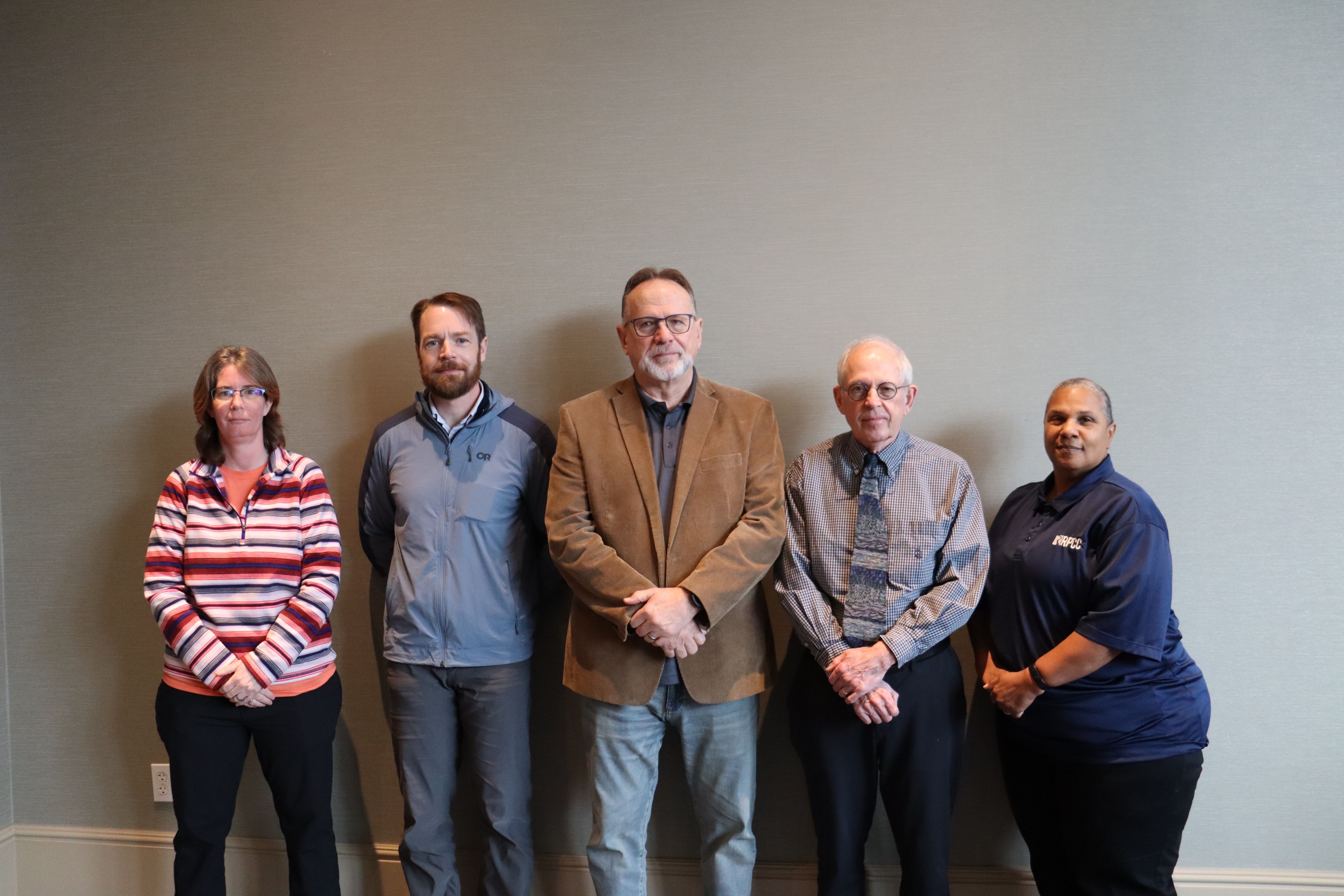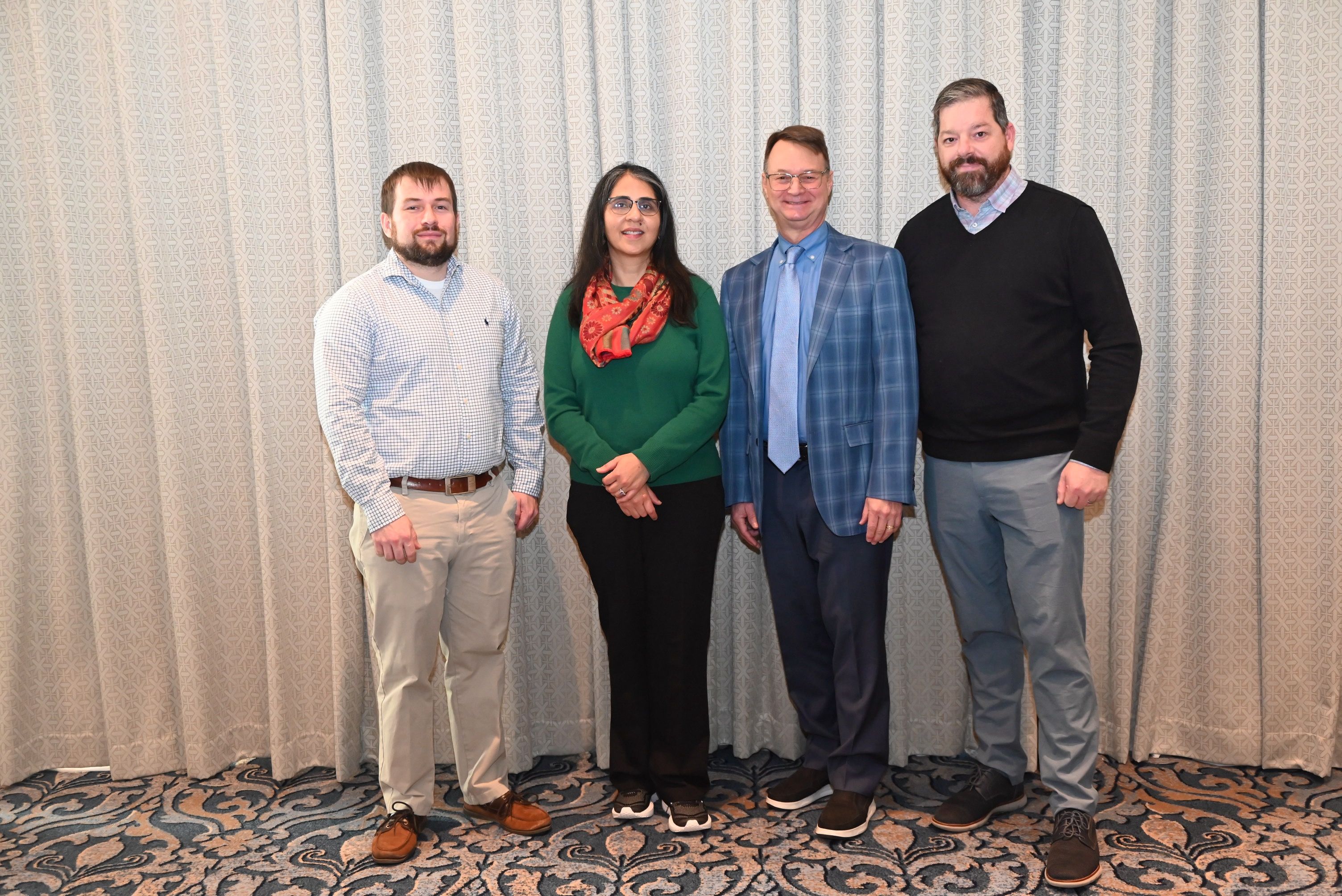About M-C Mentors
Mentor-Connect Mentors give back to the ATE Program by working with prospective grantees to transfer knowledge and teach successful grant-writing strategies as they mentor and develop the next generation Principal Investigators for the ATE Program.
Mentor Spotlight
Brandon Keller gets immesne enjoyment from mentoring
-
Relevant Current/past Position
2017- Present: Agriculture Instructor, Northeast Community College, Nebraska
2022-Present: CO-PI, Advancing Precision Agriculture in the Urban Environment (DUE #2202151)
2025-Present: Mentor, Mentor-Connect Project
2018-2021: Principal Investigator, developing a Precision Agriculture Workforce Ladder through Secondary, College, and Incumbent Worker Education that Integrates Emerging Technologies (DUE # 1700680)
-
Area of Expertise:
9.5 years as a full-time faculty member. Agriculture, Environmental Sciences, Leadership Studies, Business and Economics, International Experiences (Study Abroad), and Research methodology
-
Years involved in ATE:
9
-
Years as a Mentor:
2 Years, I started as a Mentor Fellow in 2024.
-
Hobby/Hobbies:
I enjoy international travel and exploring new destinations and cultures, Scuba Diving (certified Rescue Diver), volunteering with Scouting America, acting on stage for the local community theatre, cooking, and fitness with emphasis on strength training! Anything that I can do with family and friends is a bonus!
-
Fun Fact:
I have traveled to 13 other countries to date and will add 7 more countries to the list in the summer of 2026 across 2 trips!
-
Three words your colleagues/friends would use to describe you:
Dedicated, Strategic, Analytical
Growing up in the Scouting America program, I was no stranger to the concept of mentorship and provided confidence boosts to those who need it. In 2023, at the NSF ATE Principal Investigators’ Conference I attended a session on how to be involved in the ATE community in which the opportunity to become a Mentor Fellow was discussed. At the end of the session, Dr. Celeste Carter personally came up to me and encouraged me to consider putting in an application and with some additional encouragement from a fellow co-worker and PI, I decided to take the leap!
I decided to become a mentor to give back to an ATE community that has given so much to me as I have led ATE-funded projects for my college, as a young faculty member I was so grateful for the support and connections I made through this program from my very first ATE PI Conference! When we authored our most recent ATE project grant, I served as a collaborator and mentor for individuals new to the ATE world, I learned that I really enjoy helping individuals navigate the complex world that is NSF funding! I have also been very fortunate to serve as a Reviewer with the National Science Foundation several times, and every time I see fatal flaws show up in a proposal that I wish I could help the team fix and address!
I continue to mentor for a couple reasons, the first is the immense enjoyment I get from helping teams navigate the NSF grant process for the first time and watching their ideas on paper become funded realities! I also find that every time I participate as a mentor I learn something new about NSF, the grant writing process, or the connections that I have in Mentor-Connect. Mentor-Connect is truly a family in which we all build each other up and support each other through the process, every time we get together for a workshop or a conference it truly feels like a family reunion!nder your direction. It is very fulfilling.
Absolutely, I firmly believe that ATE is a community! What I enjoy most about the ATE community compared to other grant-funded programs is the colleges and Principal Investigators I have met in the community do not view others as competitors for grant funds, but instead collaborators to work with and grow opportunities to benefit our students and the technician workforce. Without the ATE community I would have never made connections with schools in Utah, California, New Mexico and Ohio that I can collaborate with and share ideas as we continue to develop agriculture curriculum that matches our growing industry. I would argue that the ATE community is some of the best Professional Development I have received as a young faculty member just starting a career, because of the amazing network of people you become connected to!
Be open minded and dream big! My absolute favorite thing to do in the proposal development process is get the whole team in a room and map out all our ideas and dreams on the whiteboard! Everything goes on the list; we can always narrow down our vision later! I would also be remised if I didn’t say start to track your budget items early on and always keep track of you sources! It will make your life easier in the end!
Usually when I see a proposal get declined it is because the proposal failed to clearly articulate what the proposed project will be DOING and WHY it is important to the broader NSF ATE community. Make sure everything that you include in your proposal clearly provides justification as to why it is important and how it clearly connects to your goals and deliverables. I like to challenge my teams to answer the challenge questions of “so what?” and “who cares?” Generally, speaking, if your proposal can answer those 2 challenge questions, you are on the right track!
Stay organized! Post-It notes are my best friend, and I should honestly probably invest in 3M stock! I live and die by my calendar when it comes to work and mentoring tasks, meetings, events, deadlines, and review time are all blocked off on my calendar, so nothing falls through the cracks. With that, find a team that holds you accountable to your work, and will build you up on the hard days, I am blessed to work with a talented group of senior personnel on my current project that truly builds each other up and holds each other accountable.
